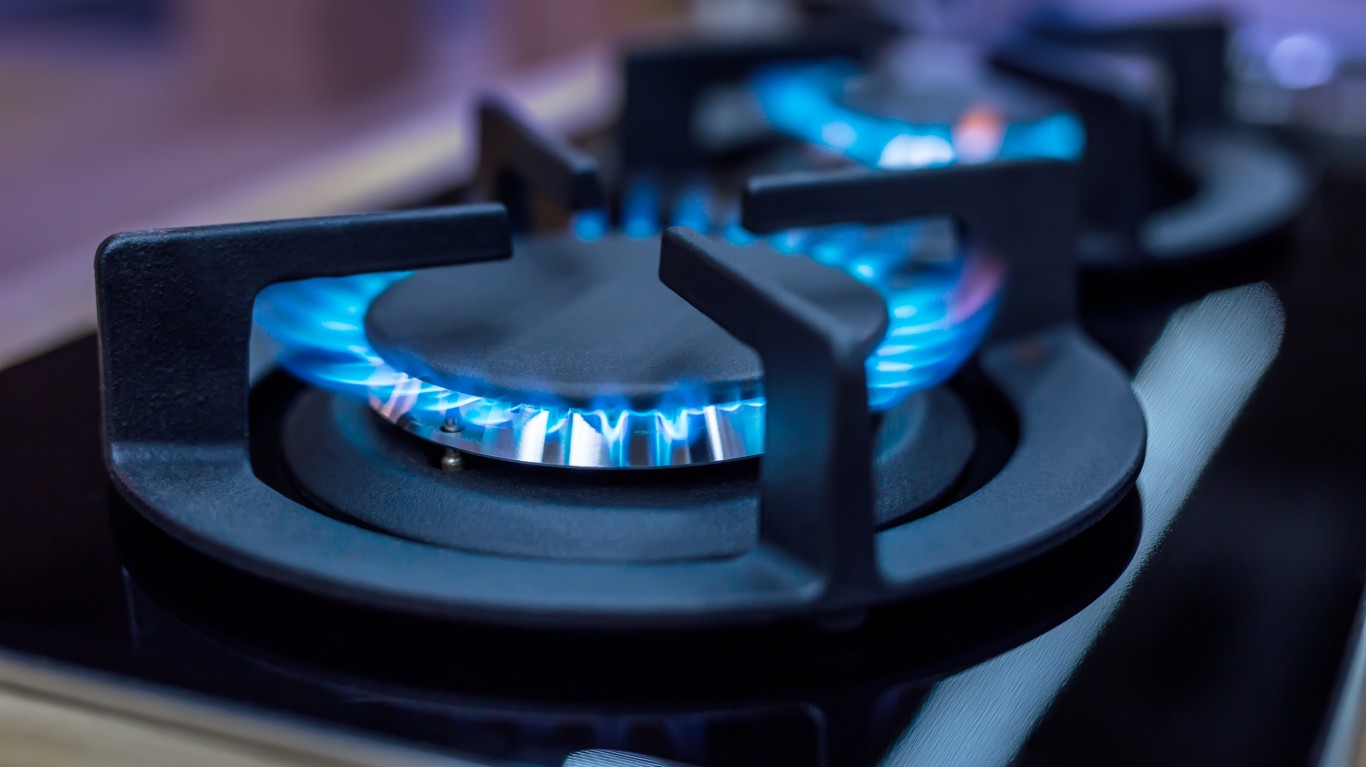

Oil and natural gas producer Chesapeake Energy Corp. (NYSE: CHK) is preparing a potential bankruptcy filing, according to an exclusive report Wednesday from Reuters. Chesapeake has long been operating under the twin problems of massive debt and low energy prices.
According to Reuters, Chesapeake is in discussions with its creditors about debtor-in-possession financing that would allow the company to continue its operations while it navigates a Chapter 11 reorganization. The loan could total about $1 billion, although sources said the amount has not been agreed upon.
The unnamed sources noted that the discussions have only just begun and that Chesapeake could try, instead, to persuade its creditors to restructure the company’s debt without going through bankruptcy proceedings. The company has not responded to the report.
Chesapeake’s long-term debt totals nearly $9 billion, and other maturities and expenses add more than $1 billion to the company’s troubles. A $192 million payment is due in August could be skipped, according to sources, and another payment of $136 million is due July 1.
Earlier this month, Chesapeake completed a one-for-200 reverse stock split primarily in order to maintain its listing on the New York Stock Exchange. Shares traded at a pre-split price of around $0.13 and a post-split price of about $26. The stock closed at $26.85 on Wednesday and plunged to below $15 (about $0.075 on a pre-split valuation).
Chesapeake was founded in 1989 by Aubrey McClendon and Tom Ward and really hit its stride with the horizontal drilling and hydraulic fracturing boom of the mid-2000s. Ward left the company in 2006 and, under McClendon, Chesapeake aggressively leased acreage in many shale gas plays then proved the presence of the energy resource and, finally, flipped the property for a profit.
While that was a lucrative strategy when natural gas prices were high, falling prices caused prices for oil leases to tumble and Chesapeake’s debt of around $13 billion became an albatross. The company tried shifting to a higher proportion of oil production, but then crude prices dropped.
On March 1, 2016, McClendon, who was forced out as the company’s CEO in 2013, was indicted by the U.S. Department of Justice for bid-rigging. He was killed in an automobile crash the next day.
In premarket trading Thursday, Chesapeake’s stock price was down about 37% at $15.87, but shortly after the open, shares were seen at $20.72.
Essential Tips for Investing: Sponsored
A financial advisor can help you understand the advantages and disadvantages of investment properties. Finding a qualified financial advisor doesn’t have to be hard. SmartAsset’s free tool matches you with up to three financial advisors who serve your area, and you can interview your advisor matches at no cost to decide which one is right for you. If you’re ready to find an advisor who can help you achieve your financial goals, get started now.
Investing in real estate can diversify your portfolio. But expanding your horizons may add additional costs. If you’re an investor looking to minimize expenses, consider checking out online brokerages. They often offer low investment fees, helping you maximize your profit.
Thank you for reading! Have some feedback for us?
Contact the 24/7 Wall St. editorial team.


